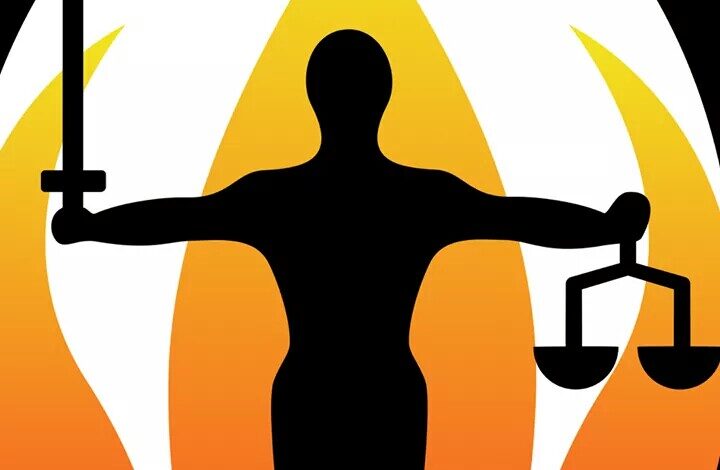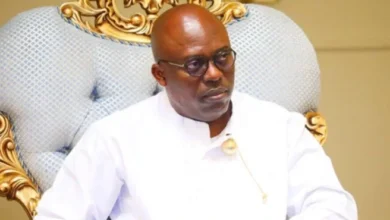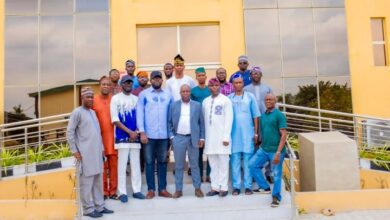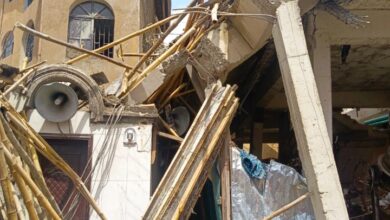RAP sues NBC over Abdulkareeems’ “Tell your papa” ban

The Socio-Economic Rights and Accountability Project (SERAP) has challenged the National Broadcasting Commission’s (NBC) ban on Eedris Abdulkareem’s song in court.
Filed at the Federal High Court in Lagos, the suit demands the reversal of the April 9 broadcast prohibition.
SERAP argues the ban violates constitutional rights to free expression and access to information.

The organization insists such censorship undermines democracy by stifling artistic dissent under false pretenses of protecting public morality.
Furthermore, the lawsuit highlights how the NBC’s action contradicts Nigeria’s legal framework.
SERAP’s affidavit emphasizes that suppressing critical music sets dangerous precedents for creative freedom and democratic discourse.
“The ban blatantly breaches fundamental rights,” a SERAP representative stated.
Authorities cannot misuse decency laws to silence criticism of governance issues, the group maintains.
Meanwhile, the controversial track “Tell Your Papa” addresses themes of accountability, reflecting Abdulkareem’s history of political commentary.
The artist’s bold lyrics have frequently challenged Nigeria’s power structures.
Additionally, the case has reignited debates about artistic freedom versus state regulation.
Free speech advocates warn such bans encourage further repression of dissenting voices across creative industries.
As the court prepares to assign the case, civil society groups await a pivotal ruling.
The judgment could either reinforce constitutional protections or enable greater media restrictions.
Moreover, the lawsuit tests Nigeria’s commitment to international human rights standards.
SERAP notes the ban disregards obligations under treaties protecting freedom of expression.
The music industry has joined the outcry, with artists condemning the NBC’s decision.
Many fear increased censorship could paralyze Nigeria’s vibrant cultural expression.
Legal experts suggest the case may set important jurisprudence on state overreach.
A favorable ruling could empower more challenges against repressive media policies.
Currently, public attention remains focused on the unfolding legal battle.
The outcome will likely influence future government interactions with creative professionals.
Across social media, Nigerians continue debating the issue.
While some support the ban, most users defend artists’ rights to address societal problems through music.
Ultimately, this confrontation highlights Nigeria’s ongoing struggle to balance regulation with fundamental freedoms.
SERAP’s action represents a critical stand for constitutional rights.
The case also underscores the need for clearer media guidelines.
Ambiguous broadcasting codes currently enable arbitrary enforcement against perceived critics.
As proceedings advance, international observers are monitoring Nigeria’s handling of the dispute.
The world watches whether courts will uphold democratic principles or enable censorship.
Regardless of the verdict, this conflict has already intensified discussions about artistic liberty.
The controversy may inspire stronger safeguards for creative expression in Nigerian law.
Post Views: 43





